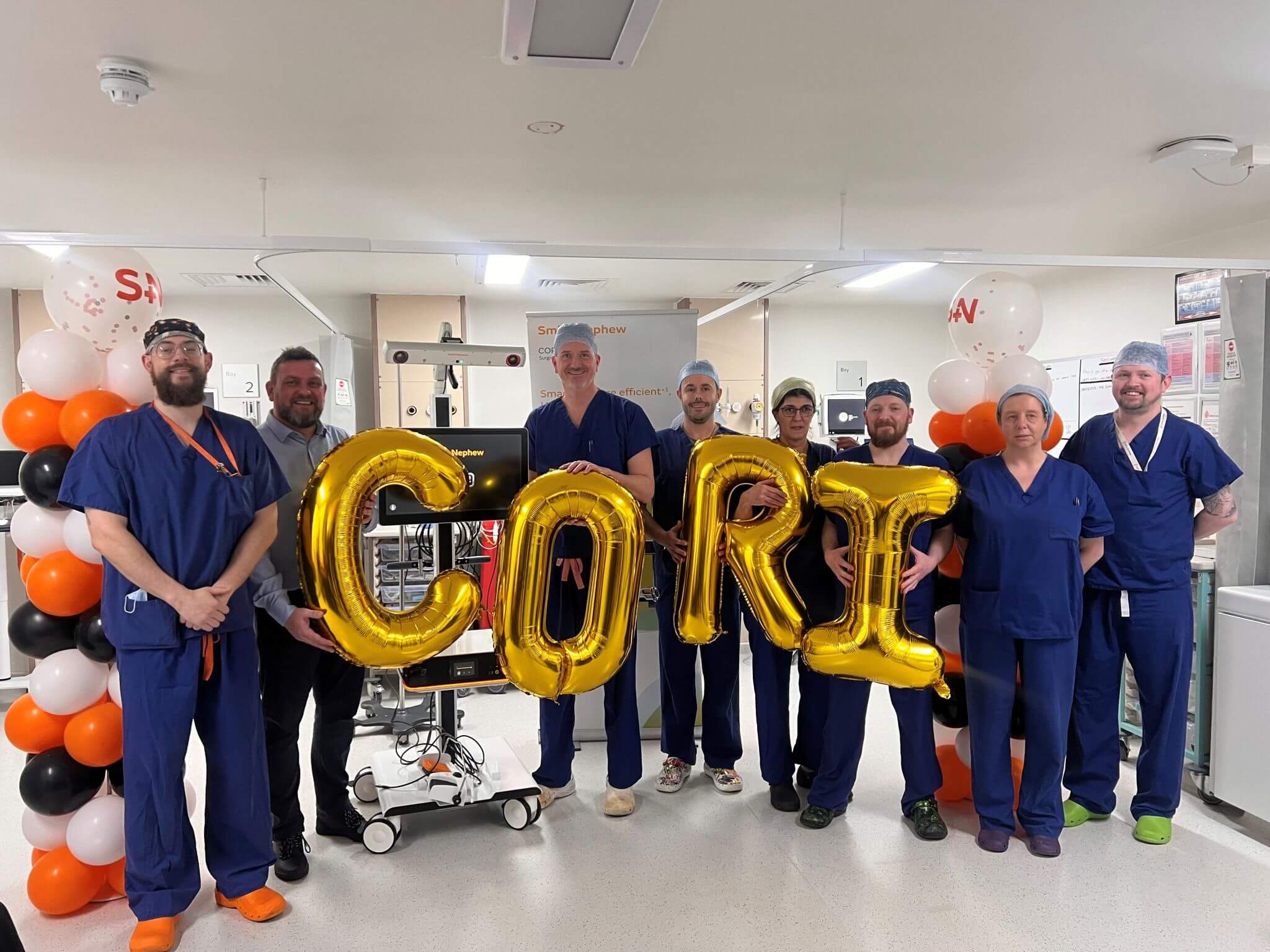West Midlands Hospital Specialists
-

Mr Akinfemi Akingboye
Mr Akinfemi Akingboye is a Consultant General and Laparoscopic Colorectal Surgeon in the West Midlands
Read more -
-
Mr Ricardo Camprodon
Mr Ricardo Camprodon is a Consultant General Surgeon in the West Midlands, who specialises in Benign Upper GI Disorders.
Read more -
Mr Anthony Kawesha
Mr Anthony Kawesha is a consultant laparoscopic colorectal and general surgeon in the West Midlands.
Read more -
Mr Mangta Manu
Mr Mangta Manu is a Consultant General and Laparoscopic Surgeon in the Midlands, who specialises in skin lesion excision and hernia repair.
Read more -
-
Mr Rajan Kumar Patel
Mr Rajan Kumar Patel is a Consultant General Surgeon in Halesowen, West Midlands
Read more -
Mr Rajiv Pathak
Mr Rajiv Pathak is a Consultant General Surgeon in Birmingham specialising in varicose veins.
Read more -
Mr Sujeewa Chaminda Sellahewa
Mr Sellahewa is a Consultant General and Upper GI Surgeon in the West Midlands
Read more -
Ms Sandhya Purushottam Shiralkar Shiralkar
Ms Sandhya Purushottam Shiralkar is a General Consultant in Halesowen West Midlands
Read more -
Mr Sudeep Thomas
Mr Sudeep Thomas is a Consultant General Surgeon with a special interest in Coloproctology in the West Midlands
Read more


